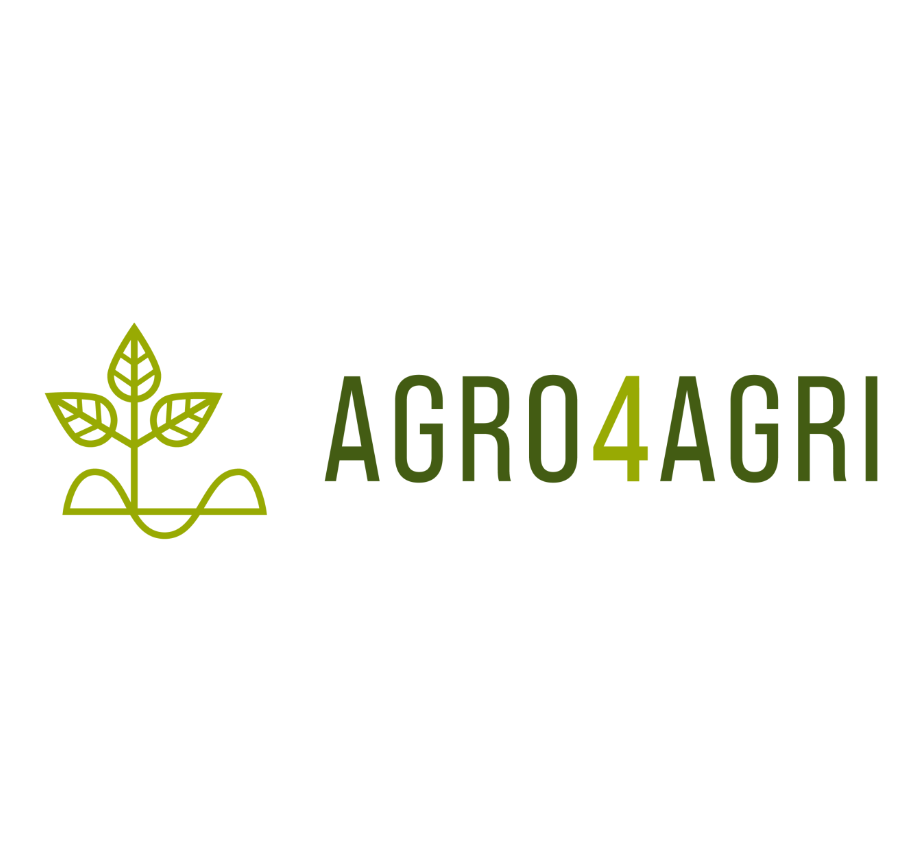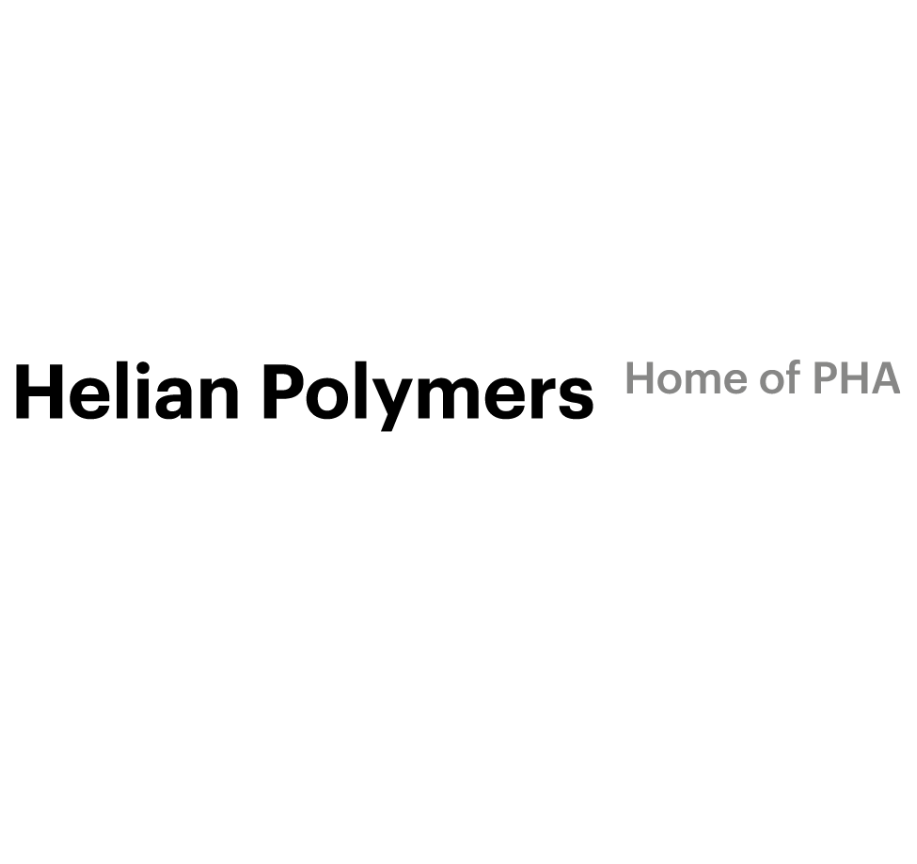Bioactive Polymers
for Healthier Soil
Modern agriculture is heavily dependent on synthetic fertilisers, pesticides and plastic materials, with over 90% of EU farmland relying on agrochemicals. While these inputs boost productivity, their overuse is contaminating ecosystems, degrading soil and water quality, and posing risks to both wildlife and human health. At the same time, agricultural plastics (such as mulch films and growth foams) are contributing to a growing pollution crisis, with millions of tonnes used globally each year. Existing alternatives often still contain oil-based components or do not always fully degrade in soil, adding to long-term environmental burdens. A shift is urgently needed towards safer, more sustainable inputs and practices in agriculture.
The PHAntastic project is facilitating the sustainable transition of the agricultural sector by addressing the environmental impacts of agrochemicals and plastic pollution. By developing delivery systems based on PHAs, a type of bio-based biodegradable polymers, the project aims to replace non-biodegradable plastics and reduce the use of synthetic agrochemicals with eco-friendly mulch films and growth foams.
Active bioproducts
The opportunity
The project is developing fully biodegradable mulch films and growth foams using PHAs (polyhydroxyalkanoates) embedded with bio-based fertilisers and natural plant protection agents. These delivery systems not only support plant growth and soil health, but also gradually release nutrients and beneficial microbes as they decompose, reducing the need for synthetic agrochemical inputs and non-biodegradable polymers. To be demonstrated in real-life growing conditions across Europe, these solutions aim to protect the environment while maintaining productive, resilient food systems.







